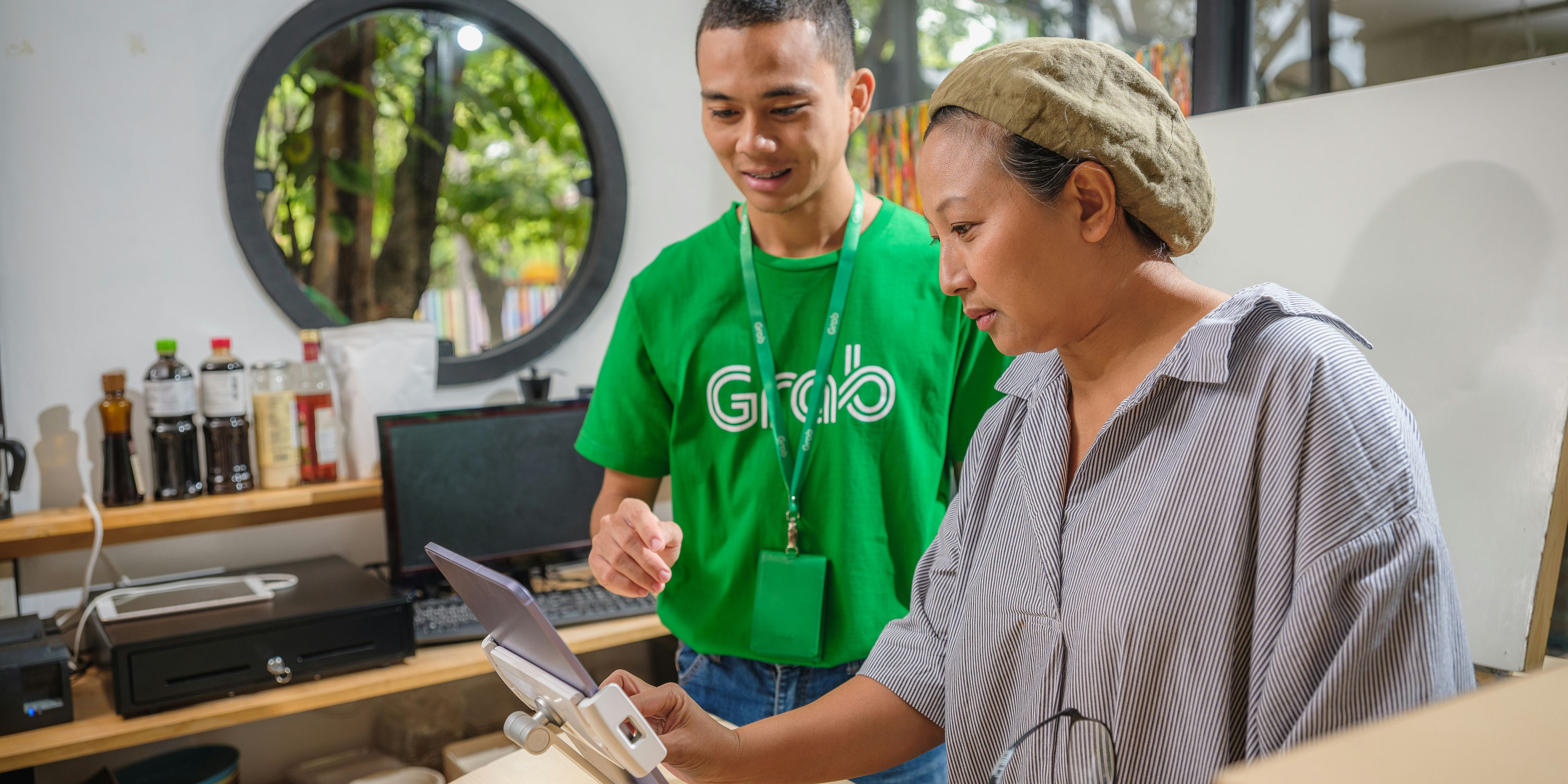Generation Beta: The Digital Natives Shaping the Future

Generation Beta, those born roughly between 1995 and 2015, are emerging as a significant force, shaping the future in ways that are both exciting and challenging to predict. Unlike previous generations, Gen Beta has grown up in a world profoundly shaped by digital technology, globalization, and unprecedented levels of social and political change. This unique upbringing has fostered a distinct set of values, perspectives, and priorities that are transforming various aspects of society, from the workplace to social interactions and consumer habits.
One of the most defining characteristics of Gen Beta is their digital fluency. They are digital natives, having never known a world without the internet, smartphones, and social media. This constant connectivity has fostered a heightened sense of global awareness and interconnectedness. They are comfortable navigating complex digital landscapes, collaborating online, and accessing information at an unprecedented pace. This digital dexterity translates into innovative approaches to problem-solving, communication, and entrepreneurship. Many Gen Beta individuals are comfortable creating content and building online communities, showcasing their entrepreneurial spirit and challenging traditional business models.
However, this constant connectivity has also presented challenges. Gen Beta often faces higher levels of stress and anxiety associated with the pressures of social media, the constant influx of information, and the expectations of instant gratification. The digital world can be a double-edged sword, fostering both connection and isolation simultaneously. This unique experience contributes to a more nuanced understanding of mental health and wellness, leading to an increased demand for support systems and resources to navigate the complexities of the digital age.
Furthermore, Gen Beta has inherited a world grappling with significant social and environmental challenges. They are acutely aware of climate change, social injustice, and economic inequality. This generation demonstrates a heightened sense of social responsibility and a strong desire for meaningful work that contributes to a greater good. This translates into a growing demand for ethical and sustainable practices within businesses and a desire for transparency and accountability from institutions.
In the workplace, Gen Beta is bringing a fresh perspective to traditional models. They prioritize work-life balance, flexible work arrangements, and opportunities for professional development and growth. They are often less tolerant of hierarchical structures and are more likely to seek out companies with strong values and a commitment to social impact. This generation values purpose-driven work and seeks employment that aligns with their personal beliefs and values.
Understanding Generation Beta requires a nuanced approach. They are not a monolithic group, and their experiences vary significantly based on socioeconomic background, geography, and cultural context. However, their collective experience has shaped a generation that is digitally fluent, socially conscious, and increasingly focused on creating a more sustainable and equitable future. They are challenging norms, driving innovation, and pushing boundaries in ways that will continue to reshape the world for years to come. By understanding their values, priorities, and challenges, we can better prepare for the future and harness the immense potential that Generation Beta represents.